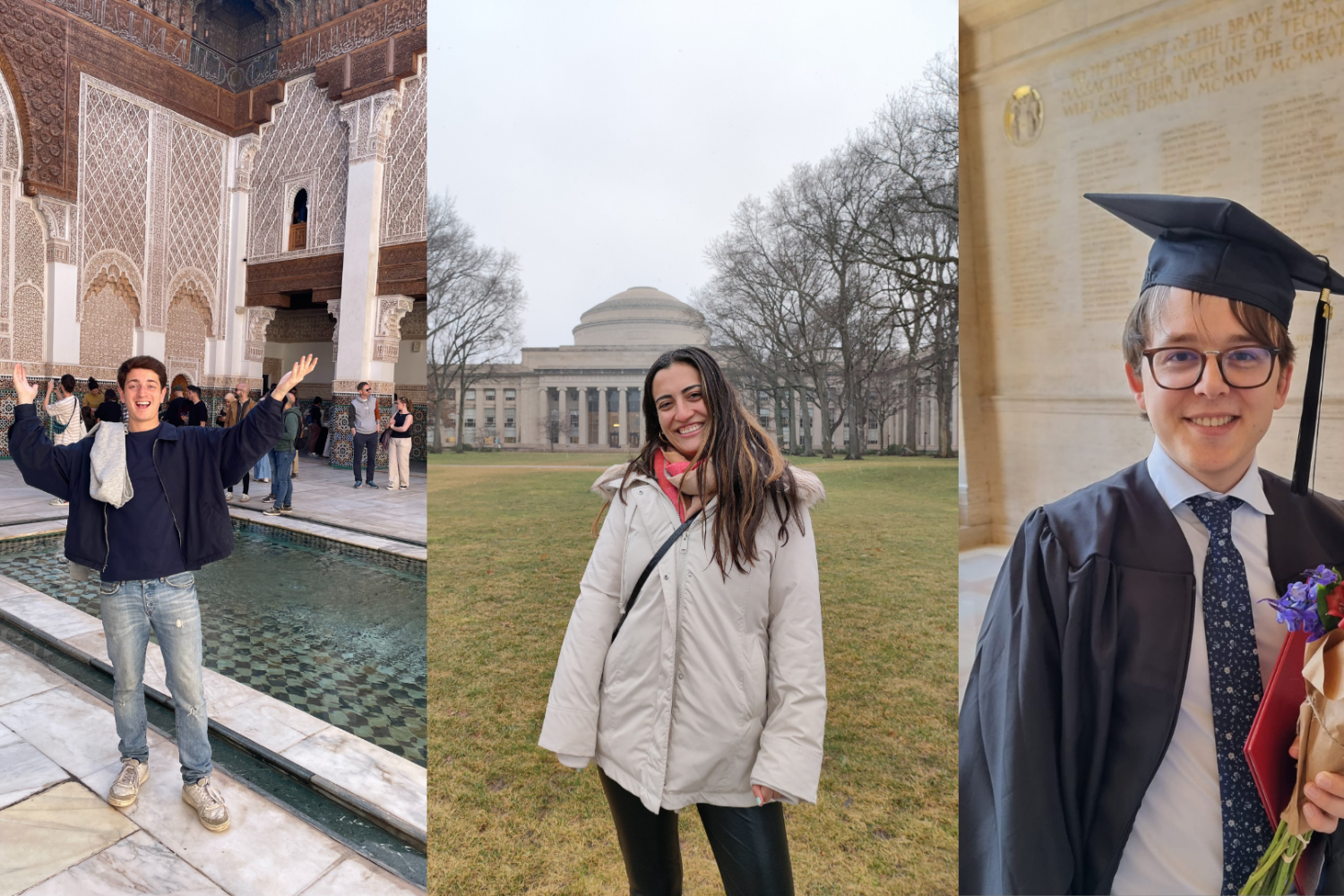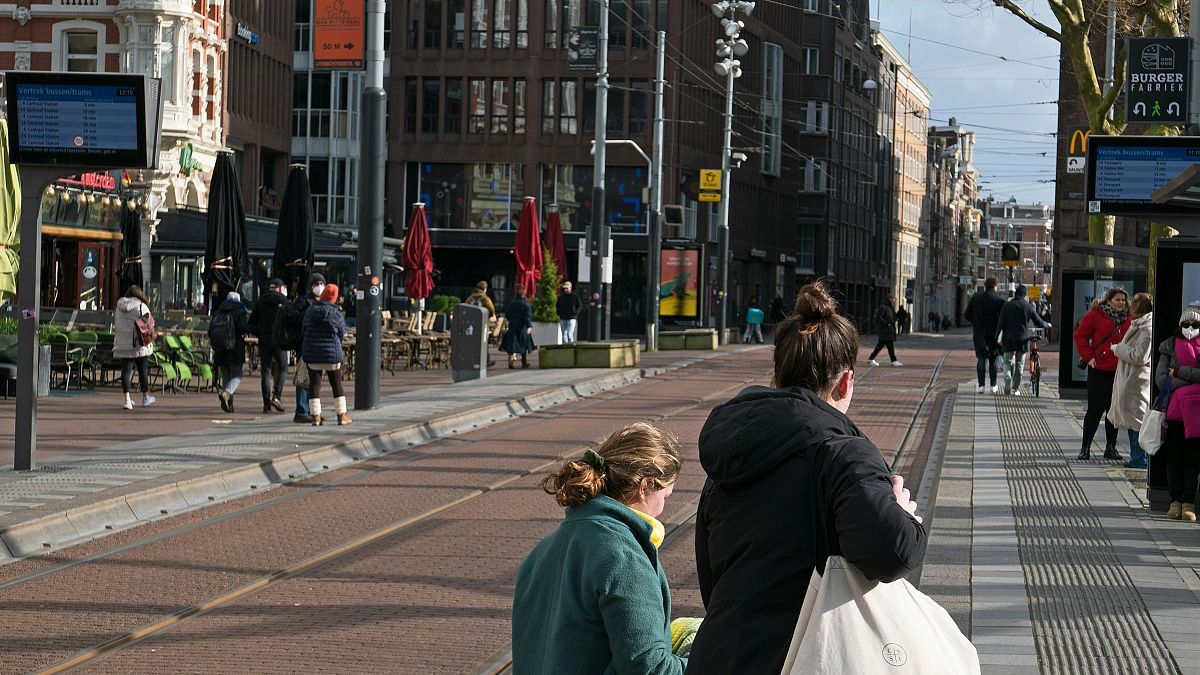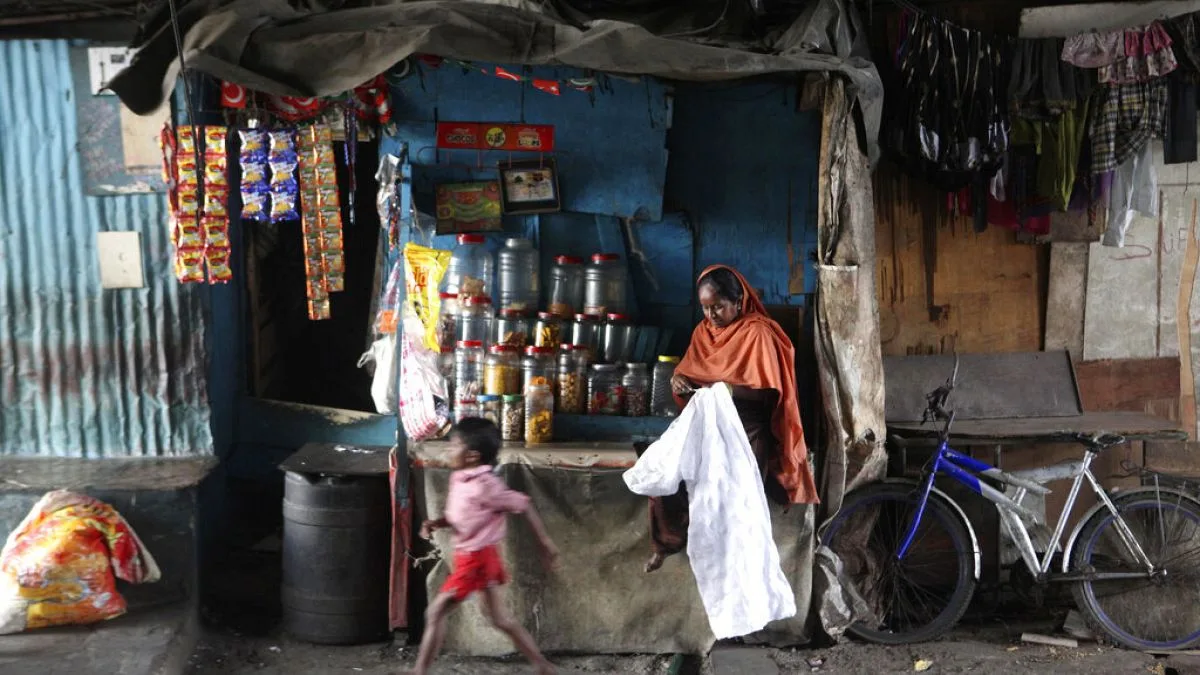A transformative trip to Ghana forever altered Sofia Martinez Galvez’s trajectory. In 2021, while volunteering with a nonprofit focused on technology and digital literacy, she was thrust into an environment starkly defined by extreme poverty. As she meticulously connected cables and set up computers, the stark realities of life in West Africa struck a chord within her. This profound experience propelled her to leave a promising career in quantum cryptography back in Spain and pursue the online MITx MicroMasters program in Data, Economics, and Design of Policy (DEDP), a course designed to harness data-driven tools aimed at eradicating global poverty.
By 2023, Martinez successfully earned her master’s degree from MIT DEDP. She is now the co-founder of Learning Alliance, a nonprofit focused on addressing the learning crisis in sub-Saharan Africa through the implementation of evidence-based teaching methods. This summer, she plans to relocate to Africa to continue her passionate work.
“If someone had told me a few years ago, while I was immersed in quantum physics research, that I’d be launching an organization tackling education and poverty, I would have dismissed them,” Martinez reflects. “From the moment I started my first MicroMasters course, it was clear: I’d made the right choice. The instructors adeptly used mathematics and data models to dissect societal issues.”
Since its inception in 2017, the DEDP MicroMasters program — collaboratively managed by the Abdul Latif Jameel Poverty Action Lab (J-PAL) and MIT Open Learning — has drawn a varied crowd of individuals, including former nurses, lawyers, and software engineers, all eager to pivot their careers and make a significant global impact.
A New Approach to Fighting Poverty
The curriculum for the DEDP MicroMasters is deeply rooted in the groundbreaking work of MIT faculty members Esther Duflo, the Abdul Latif Jameel Professor of Poverty Alleviation and Development Economics, and Abhijit Banerjee, the Ford Foundation International Professor of Economics, both Nobel Prize laureates.
Using the principles of randomized control trials—often a hallmark of laboratory science—Duflo and Banerjee redefined development economics. For instance, to evaluate the effectiveness of new educational programs, researchers might randomly assign participants into a treatment group that undergoes the new method and a control group that does not. Consequently, outcomes can be traced back to the interventions being tested.
This innovative approach has reshaped the configuration and assessment of antipoverty initiatives globally. It has successfully improved vaccination rates in India, reduced child marriage rates in Bangladesh, and augmented school attendance in Kenya.
While Duflo and Banerjee have paved the way for poverty alleviation through their research, the need for skilled professionals adept in applying evidence-based development economics remains critical, asserts Sara Fisher Ellison, faculty director of the DEDP MicroMasters and master’s programs, and a senior lecturer in the MIT Department of Economics.
“It’s crucial to cultivate expertise globally in conducting randomized control trials, interpreting relevant literature, and advising policymakers based on empirical evidence,” Ellison emphasizes.
For Andrea Salem, a budding economist from Switzerland, learning of Duflo and Banerjee’s Nobel Prize sparked an interest in a field he previously knew little about. He completed the MicroMasters in DEDP and used it to bolster his admission application to the Paris School of Economics (PSE). Currently, he’s taking a gap year while interning at J-PAL’s Morocco Employment Lab, collaborating with government officials to assess educational reforms.
“Experiencing the world in its myriad forms is invaluable,” Salem shares. “Conducting research within the same nation serves as a constant reminder of the significance of my work and the vast effort still required.”
Understanding the DEDP Program
Open to anyone with internet access, the DEDP MicroMasters program provides students with a choice between a public policy track focusing on affluent nations or an international development track that addresses issues endemic to lower- and middle-income countries. Participants engage in a rigorous curriculum covering economics, statistics, and data analysis. The program expertly balances flexibility with structure, allowing students to progress at their own pace while benefiting from instructor-led courses, interactive webinars, and discussion forums.
Completing and passing proctored exams in five courses earns participants a valuable credential. The DEDP MicroMasters program has already conferred over 10,000 course certificates and 1,000 MicroMasters credentials, enabling holders to further their education by applying to MIT’s master’s program or any of the 19 partner universities worldwide that either acknowledge the MicroMasters for admissions or offer academic credit for the credential’s completion in accelerated graduate programs. The credential itself holds significant value for professional advancement.
While the courses can be audited for free, a fee is assessed for each proctored assessment, calibrated on a sliding scale from $250 to $1,000 based on the learner’s income and geographic location. A lottery option is available for those earning under $10,000 annually, allowing course fees to drop to $100. Martinez benefited from this lottery in 2021, emphasizing how critical this financial support was in expediting her path to earning her credential and applying to the master’s program.
Following Passion and Potential
Yann Bourgeois SM ʼ22 transitioned from a fulfilling nursing career, which exposed him to the dire consequences of neglected health intervention, to focusing on making a global impact through the DEDP program. Having faced socioeconomic challenges himself, Bourgeois initially doubted his chances of admission to MIT. Learning how vital the MicroMasters credential was for graduate admissions reignited his hopes. He simultaneously enrolled in five DEDP MicroMasters classes, a bold step given his limited background in advanced mathematics, driven by the desire to enhance his application.
Upon graduating from MIT in 2022, Bourgeois now works as a labor economist at the World Bank in Washington, dedicated to improving labor conditions and fostering equitable economic opportunities. His rigorous MIT education equipped him with the necessary analytical tools to tackle complex economic challenges on an international scale.
Similarly, Martinez initially hesitated to apply for the master’s in DEDP, feeling underqualified. After exploring profiles of previous students and discovering their varied experiences, she realized that MIT’s inverted admissions process prioritized relevant performance over traditional qualifications, making her ambitions seem attainable.
“Evidence-based development requires diverse perspectives,” Martinez asserts. “I embody the idea that you don’t need an ‘ideal’ background to contribute to development economics. The global fight against poverty calls for everyone’s involvement.”
Photo credit & article inspired by: Massachusetts Institute of Technology



